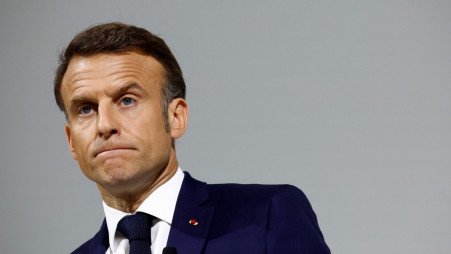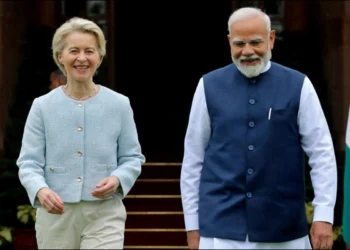Emmanuel Macron has been president for eight years, but as France’s political crisis worsens, pressure is mounting on his position. Macron used to refer to himself as maître des horloges, or master of the clocks, yet he was not very good at timing. Opinion polls indicate that nearly three-quarters of respondents believe the president should quit as well, and his preferred prime minister has resigned for the third time in a year.
Macron has been advised to name a technocrat prime minister and hold presidential elections in an “orderly manner” by longtime ally Édouard Philippe, who was Macron’s first prime minister from 2017 to 20. Macron, however, is more likely to dissolve the parliament than to resign.
After just 26 days in office, Prime Minister Sébastien Lecornu announced his resignation Monday at the beginning of a day filled with political turmoil. He announced hours later that he had agreed to Macron’s request to remain for an additional 48 hours in order to conduct final negotiations with political parties “for the stability of the country.
The sudden developments were the most recent in a lengthy string of disruptions that started in June 2024 when Emmanuel Macron decided to hold a snap parliamentary election. The outcome was a hung parliament, forcing Macron’s centrist allies to form coalitions with other parties after losing their majority.
Also Read:
Rahim Abu Omar: Defining Luxury Hospitality through Heritage and Elegance





























































